CBE News and Events
Jonathan Dordick, Ph.D., Vice President for Strategic Alliances and Translation and Institute Professor of Chemical and Biological Engineering at Rensselaer Polytechnic Institute (RPI), has recently received two prestigious honors.
Heparin, the world’s most widely used blood thinner, is used during procedures ranging from kidney dialysis to open heart surgery. Currently, heparin is derived from pig intestines, but scientists at Rensselaer Polytechnic Institute have discovered how to make it in the lab. They have also developed a path to a biomanufacturing process that could potentially revolutionize how the world gets its supply of this crucial medicine.
Steve Eshiemogie, a doctoral student studying chemical and biological engineering at Rensselaer Polytechnic Institute, has been recognized as an honorable mention in the annual Cell Press Rising Black Scientists Awards for his essay “From village to lab: An African scientist’s quest for a sustainable future.” [MS1] More than 350 students across a range of scientific disciplines applied.
For the first time, researchers have used bacteria to “upcycle” waste polyethylene
Institute News
Rensselaer Polytechnic Institute (RPI) is proud to announce that Pingkun Yan, Ph.D., associate professor of Biomedical Engineering at RPI, has been appointed chair of the IEEE Engineering in Medicine and Biology Society (EMBS) Technical Committee on Biomedical Imaging and Image Processing (BIIP).
Rensselaer Polytechnic Institute (RPI) has received a $10 million gift from Ajit Prabhu ’98, founder and CEO of Quest Global, to establish the Ajit Prabhu Catalyst Endowment and the Ajit Prabhu Catalyst Fund, both in support of the Office of Strategic Alliances and Translation (OSAT). Prabhu launched the fund, which will assist RPI student and faculty entrepreneurs.
Rensselaer Polytechnic Institute’s Georges Belfort, Ph.D., and Steven Cramer, Ph.D., both Institute Professors of Chemical and Biological Engineering, have won the 2025 Bernard M. Gordon Prize for Innovation in Engineering and Technology Education given by the National Academy of Engineering.
Lung cancer is one of the most challenging diseases, making early diagnosis crucial for effective treatment. Fortunately, advancements in artificial intelligence (AI) are transforming lung cancer screening, improving both accuracy and efficiency.
Ge Wang, the Clark-Crossan Chaired Professor and director of the Biomedical Imaging Center at Rensselaer Polytechnic Institute (RPI), has been appointed as the editor-in-chief of the IEEE Transactions on Medical Imaging journal. With nearly 3,000 submissions per year, it is the flagship journal in the tomographic medical imaging field and among the most highly cited of all biomedical engineering journals. Wang’s initial term is for three years and is renewable for a second term.




 Professor Jonathan Dordick Receives Two Prestigious Honors
Professor Jonathan Dordick Receives Two Prestigious Honors
 Scientists’ Discovery Could Reduce Dependence on Animals for Vital Anti-Blood Clot Drug
Scientists’ Discovery Could Reduce Dependence on Animals for Vital Anti-Blood Clot Drug
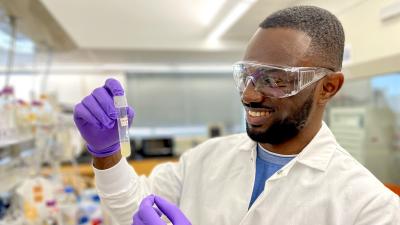 RPI Doctoral Student Honored as Rising Black Scientist
RPI Doctoral Student Honored as Rising Black Scientist
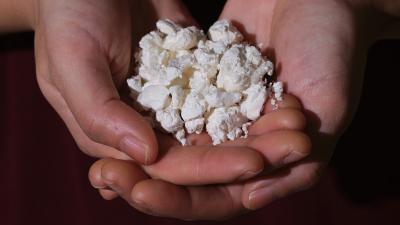 RPI Researchers Engineer Bacteria That Eat Plastic, Make Multipurpose Spider Silk
RPI Researchers Engineer Bacteria That Eat Plastic, Make Multipurpose Spider Silk
 RPI Professor Appointed Chair of IEEE Biomedical Imaging and Image Processing Technical Committee
RPI Professor Appointed Chair of IEEE Biomedical Imaging and Image Processing Technical Committee
 RPI Announces $10 Million Gift from Alumnus and Entrepreneur Ajit Prabhu
RPI Announces $10 Million Gift from Alumnus and Entrepreneur Ajit Prabhu
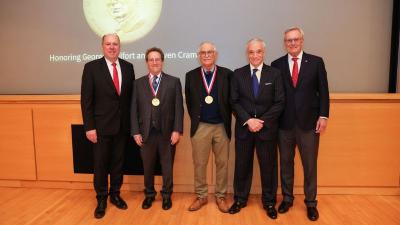 RPI Researchers Receive Prestigious Gordon Prize from National Academy of Engineering
RPI Researchers Receive Prestigious Gordon Prize from National Academy of Engineering
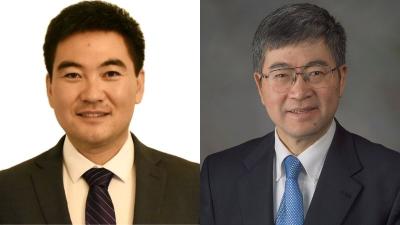 Multimodal Multitask Foundation Model Enhances Lung Cancer Screening and Beyond
Multimodal Multitask Foundation Model Enhances Lung Cancer Screening and Beyond
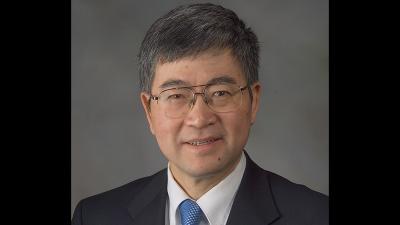 Ge Wang Named Editor-in-Chief of IEEE Transactions on Medical Imaging
Ge Wang Named Editor-in-Chief of IEEE Transactions on Medical Imaging